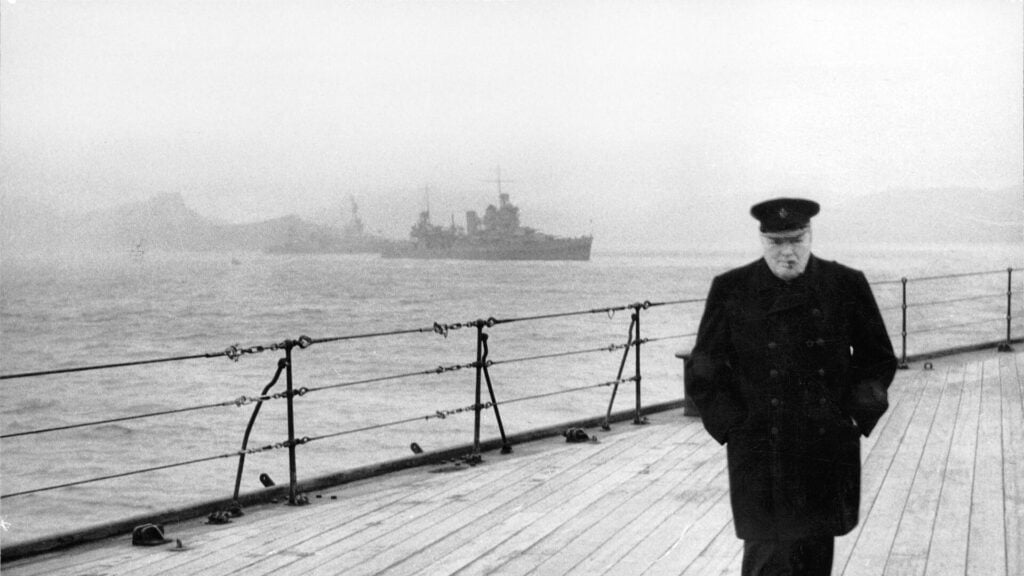I am an admirer of Winston Churchill in so many ways. He did have his major shortcomings such as being the instigator of the ill fated Gallipoli campaign in 1915, and later on how he inflamed class tensions during the 1926 General strike in the UK.
Also how he still continued to pine for the Empire especially in India even after it became abundantly clear to the ruling Anglo elites that independence was not only inevitable but desirable.
One can also add how he took an overly partisan approach to supporting the reactionary royalist government in Greece during the communist insurgency after the end of WWII.
The royalists had never been popular in Greece and were indeed foreign aliens imposed on the nascent Greek polity in the 19th century. They were consistently opposed by Venizelos and his nationalist republicans who were not leftists in any modern sense of the word.
But all that cannot detract from Churchill’s greatness and enormous achievements.
Churchill rallied the British people to fight for, and defend, not only Britain, but Europe as a whole, against the Nazi scourge, when Britain had its back to the wall and its situation looked hopeless.
Churchill took great inspiration from the Greeks’ overwhelming defeat of Mussolini’s invading forces in 1940, as Britain was being pummeled by Nazi Luftwaffe during the Blitz.
So much so he said, “Greeks do not fight like heroes, heroes fight like Greeks” now a famous quote.
It is doubtful that any other British politician could have done that.
Churchill earnt enormous integrity by recognising earlier than most of the British establishment that Nazism was a greater threat than Soviet Communism and as such, consistently opposed appeasement of Hitler.
He paid the price for his belligerence against Hitler, by having to sit in the cross benches throughout much of the 1930s.
It should be remembered that he had a lot to do with alerting and defending Europe against the enormous post-war appeal of a victorious Soviet Union and communism. At the same time, he saw the inherent dangers of communism that underlay Soviet aggression and Russia’s imperial designs over Europe.
Despite the “errors” he made in Greece – his failure to track a middle path in the struggle against oppressive Marxism/ Communism – Churchill was a giant.
It should be remembered that Churchill in his early political career sat in parliament as a member of the Liberal party. He was instrumental in fighting for the passage of Lloyd George’s “People’s’ Budget” about which instigated major social welfare reforms for the working people of Britain.
Churchill was never a hard right conservative, rather a pragmatic conservative like perhaps Lincoln, De Gaulle, Menzies, and most certainly Bismark, who most famously stated that “politics is the art of the possible”
That is the type of conservatism that resonates with me and much of the average populace of most western liberal democracies.
*Peter Kapsanis is a journalist and PR specialist, and founder of Ethos Media & Communications, he works on news, sport, and politics.









